My partner and I have been learning so much lately about the beauty of minds. Not all minds are made alike, for sure, and we’ve been learning how each person’s mind is made depends on how those people are led, served, and changed.
In consulting, we often help leadership teams and owners understand themselves better, and then to understand the team they serve with, as well as the clients they serve. Everyone looks at their world in different ways. Leadership teams are often surprised to find out that the people they serve with (teams) or the people they serve (clients) don’t understand themselves very well. Humans don’t know themselves very well. Why is it important to know this? Because it helps you know what you can and cannot ask of these people in order to serve them well.
Here’s an example. My partner and I know that leaders cannot effectively ask their team what their capacity is, or whether they can take on a new promotion or not. The team member you are asking this of doesn’t have all of the understanding of their own mind to answer the question properly. They don’t know why they may feel overwhelmed or unchallenged, or why they think they can take on more clients, or why they are fearful that they can’t fulfill a new role through a promotion. Because of a human’s lack of understanding of their own mind, they answer wrongly, ask wrongly, and assume wrong things about their work and capacity. Our team can be very unaware of their own capacity for work. We know we have to ask capacity questions in particular ways to help them come to the right conclusions. We can’t just say “can you take on another client right now?” Our team may quickly say yes or no based upon a lot of things in their mind – thoughts about family, upcoming trips, wanting more money, or even fear for turning down something they know their boss wants them to take on. There are so many clouds confusing a proper thinking process to come to a right answer to the question “can you take on another client right now?”
How to solve this conundrum with beautiful minds? Answer: great leaders consider the minds of themselves, their team, and their clients; they accommodate those minds in creative ways. They do this by slowing down the process of working with team and clients, and make time for self-examination of all that could be influencing the decision around working with a client or team member in a certain capacity.
Instead of asking a team member “can you take on another client right now?” a great leader could instead ask probing questions such as:
“When do you feel most overwhelmed in your work presently?”
“At what particular times do you feel very successful in your work?”
“What is your Monday [or Tuesday, Wednesday, etc] like? Describe the whole day for me.”
“How overwhelmed with your work do you feel with your current level of client commitment (on a scale from 1 to 7)?”
“What 3 new actions would bring down that level of overwhelm by a number?”
Great leaders lead with questions, slow down to have conversations, and help the beautiful minds of their team and clients come to their own realizations about their ability to “take on a new client right now.”
Introspection vs. Examination. Notice above I said “make time for self-examination.” That was on purpose, and it’s not the same thing as introspection. Introspection is an inward look at yourself, how to improve yourself or make yourself better. Work like meditation or yoga, or various kinds of apps can aid in this work. Examination, however, is a look at yourself by butting up what you feel, sense, and tell yourself to the truth of the world around you. Introspection is more internal, while examination is more external. Examination leads to a better outworking towards the world around you. Introspection can change you inwardly, while examination is meant to change you outwardly. Both introspection and examination can be done with other people (like therapists, coaches, counselors, consultants, etc.). Great business leaders can shift into helping their team with the examination their team needs to better understand their work, what they can and cannot handle, and inspiring team as to how they can improve to become a stronger team member. Examination happens most effectively with other people objectively weighing in. That’s when you can get the most out of that work. Examination done with other people you trust can lead you to conclusions about yourself that are hard to come to on your own.
Leaders can get the help they need for self-examination from coaches and partners.
Team can get the help they need for self-examination from caring leaders.
Clients can get the help they need for self-examination from caring teams.
The self-examination waterfall may look like this:
Coaches, partners, and consultants >>
…help firm leaders examine themselves more truthfully >>
…so firm leaders can aid their teams in their own self-examination >>
…so teams in firms can aid their clients in their own self-examination >>
…so small business owners (who have beautiful minds) can make better decisions.
Our minds can be tricky to figure out. But the journey of examination can lead to amazing AHA! moments of self-discovery that change you and the people around you forever. If you hire good people, or only work with great clients, then make investments in them that will pay off in your life and theirs indefinitely.
Jason is the Founder of Thriveal and the Chief Innovative Officer of his CPA firm, Blumer & Associates. He is the co-host of the Thrivecast and The Businessology Show and speaks and writes frequently for CPAs and creatives, his firm’s chosen niche. Jason loves to watch documentaries on just about anything. He lives in Greenville, SC with his wife and their three children.


You must be logged in to post a comment.